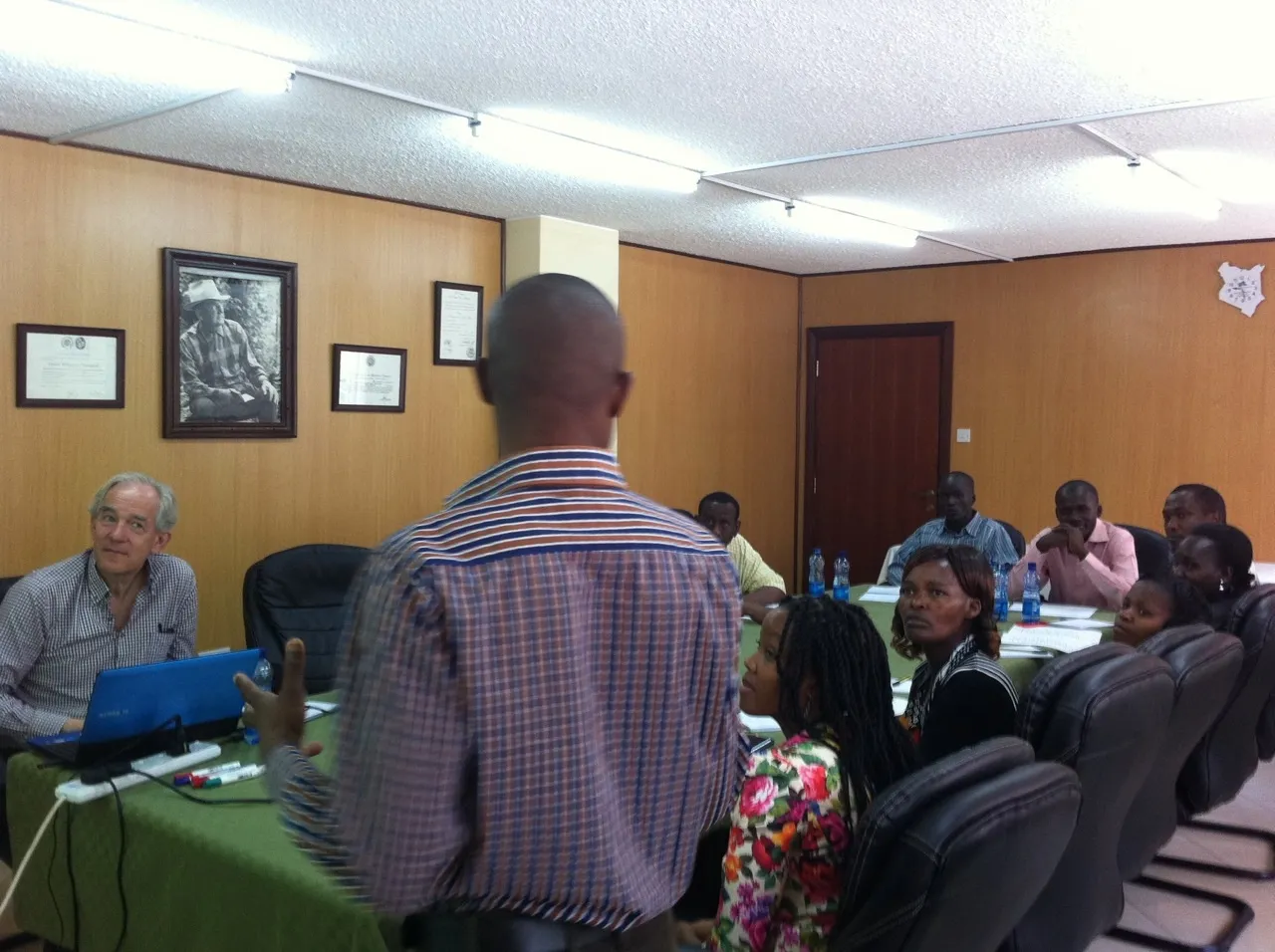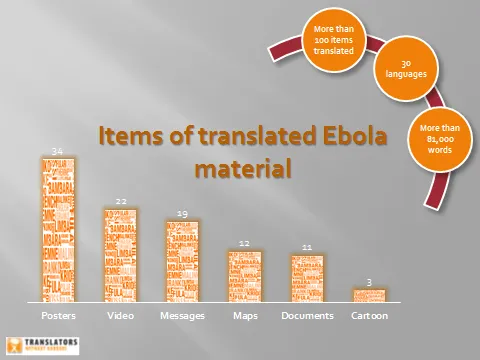Translation matters

‘’Being a member of the Words of Relief Spider Network is the best thing that has happened to me! It has really improved my translation skills, and I am now more enthusiastic to ensure that no member of my community suffers due to lack of information in our language! I am now a better translator for the government officials who do not speak the same language with my people!’’ Said Abraham, our Spider Network Volunteer from Turkana County.
Translators without Borders’ Words of Relief project created a “Spider Network” of rapid response translators from 11 key geographical regions in Kenya that are frequently affected by disaster, eight months ago. This team has been engaged in training and a number of simulation exercises to ensure that they are effective in rapid translation during a crisis or disaster in their region. Though a few dropped out along the way, our nine volunteers are very committed to bridging the language gap in their region, and being ‘on call’ when disaster strikes.
In March we concluded a refresher training, which was aimed at improving the quality of translation and speed. The volunteers said that they are now more alert on how information is passed in their communities. They also agreed and committed to translate key crisis messages as soon as they would receive them during a crisis. They are now great advocates for language. Translation matters! Translation saves lives! It was great to spend one day training with them at our Nairobi Translation and Training Centre.

Also this month, we rolled out an Impact Study to better understand how language matters. The survey is part of our measurement of the Words of Relief project. We have trained two teams of Community Health Workers who will carry out the survey in rural and urban populations. They will present the members of the community with a questionnaire and a poster on Ebola, both in English and Swahili. By the end of the study we will be able to measure if comprehension is better in local language and understand language preferences for health information. This work will build upon another impact study on health information that is nearing completion.
We are thankful to our donors, HIF and the Indigo Trust for supporting the Ebola project which saw approximately 106 articles translated into 30 languages. The project ended in February and we also had a few videos and posters released in different languages.

The use of translated videos and voice recording plays a vital role in passing information to the majority of people who cannot read or write. Here are some Ebola awareness videos-A poem for the living one in Themne for Sierra Leone and another one in Swahili.
Tune in next month for an update on our promo video and focus groups.
Stay updated
Sign up for our newsletter to receive regular updates on resources, news, and insights like this. Don’t miss out on important information that can help you stay informed and engaged.
Explore Elrha
Learn more about our mission, the organisations we support, and the resources we provide to drive research and innovation in humanitarian response.


.png)